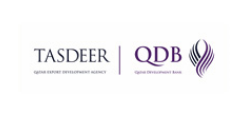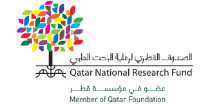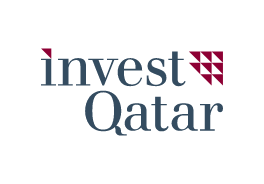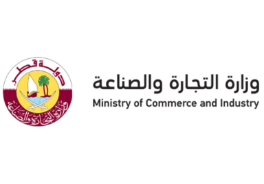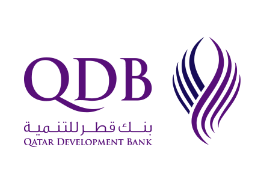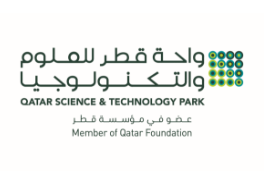The QNFSP was established in 2008 to encourage domestic food production and reduce reliance
on food imports. Over the past few years, Qatar has achieved a remarkable increase in
domestic food production, exceeding self-sufficiency in some kinds of fresh foods. The
nation-led programme focuses on the following key elements:
Agriculture
The key element towards developing and expanding the agriculture sector in Qatar is
introducing best practices to optimise the utilisation of resources available such as scarce
irrigation water and climatic inhibitions. The QNFSP implements advanced technologies in
crop production, fertiliser efficiency, irrigation systems, greenhouses, vertical, and
soilless farming. Such technologies play an important role in minimising impact on the
environment, while providing profitable and sustainable production.
Food Manufacturing
Developing the food processing industry is another element in increasing domestic
production.
The longer shelf-life of processed foods can reduce waste of raw food and increase
availability of products, which subsequently enhances the country’s food security. The
programme has planned for the development of an Agro-Industrial Park to serve as a hub for
the food processing industry. Accordingly, international quality assurance procedures will
be implemented to ensure the production of high-quality products capable of competing
internationally. In addition, the park should provide expandable storage facilities to
ensure constant supply of wheat, rice, barley, milk, oil, sugar, and other raw materials.
Water
The programme focuses on using water desalination as the main source for irrigation to
reduce depletion of groundwater aquifers. The QNFSP has also developed plans for expanding
desalination capacity in addition to increasing the treated sewage effluent (TSE) production
from wastewater. Strict measures have been taken to ensure better water management and
optimise irrigation operations.
Renewable Energy
Utilising solar energy and wind power is an essential element of the QNFSP plan to develop
an integrated solution to food security, while reducing reliance on hydrocarbon fuels and
achieving environmental resource sustainability. The programme puts emphasis on solar energy
due to the country’s climate and geographical position. This helps secure a sustainable
supply of freshwater using solar-powered desalination, which in turn will increase farming
capacity. The QNFSP adopts a smart grid for the integration of all electricity sources with
other means of renewable energy.

















